This article is written by a student writer from the Her Campus at Pace chapter and does not reflect the views of Her Campus.
The 2026 FIFA World Cup consists of 104 games, 48 teams, 16 cities, and 3 countries; Mexico, Canada and the United States, is shaping up to be the most profitable one yet, generating over $10B. But is alienating and isolating fan bases in the process worth it?
During the last World Cup, held in Qatar, ticket prices ranged from $11 to just over $200. It was an incredibly accessible event for fans of all economic social statuses. One soccer fan in particular, Mike Trucano, after going to all World Cups since 1994, stated that this is the first one his family will be missing. “I mean, my word, if it’s five of us and it’s $1,000 … and $5,000 in this economy?” Trucano told NPR. The majority of seats at the U.S. starting game will be over $2,700. The final games in New Jersey cost $6,300, a large increase from Qatar’s $1,600.
For the first time ever FIFA will be using “variable pricing,” which is a very similar concept to dynamic pricing, or adjusting the price of tickets in real-time, based on demand, competition, and time of day: just with a different, more friendly name. FIFA is seeing how much they can charge and get away with in real time. Tickets can now be resold on an official FIFA platform with no price cap, meaning you could buy a ticket for $60 and resell it for over $6000.
The first wave of ticket sales kicked off Sept. 10 and ran until Sept. 19. However, it was only eligible for valid Visa card holders. You would start by registering your interest with FIFA officially, and enter into a lottery. If successful you would then be given a time slot starting Oct. 1. You would be able to buy tickets for any of the 104 games in any country and city, however, you won’t know which teams play until Dec. 5.
Group stage tickets will start at $60, but will be adjusted to meet the demand, a first in World Cup history. A FIFA official disclosed to NPR that the prices will not increase by algorithm, but by a set team dedicated to monitoring and adjusting it in real time. FIFA stated that this is all to match and adapt to the US and Canada markets.
FIFA now also offers “right to buys” or RTBs. RTBs guarantee buyers opportunities to buy specific tickets for specific matches. To obtain these, fans have to buy digital cards as FIFA periodically drops them. These cards cost hundreds of dollars, which doesn’t include the actual ticket price they still have to buy, once FIFA makes them available. FIFA also runs an official marketplace, where these RTBs can be bought and sold. The prices range from $100 all the way to $100,000. Unlike the past 3 world cups, FIFA is no longer setting aside tickets for local residents.
NYC democratic mayor candidate, Zohran Mamdani, released a video highlighting how “[…] the biggest sporting event in the world is happening in your backyard, and you’ll be priced out of it.” Mamdani is calling for all soccer fans to sign a petition and demand that FIFA ends dynamic pricing, places a cap on resell prices, and sets aside 15% of tickets at a discounted rate for local residents.

.jpeg)


























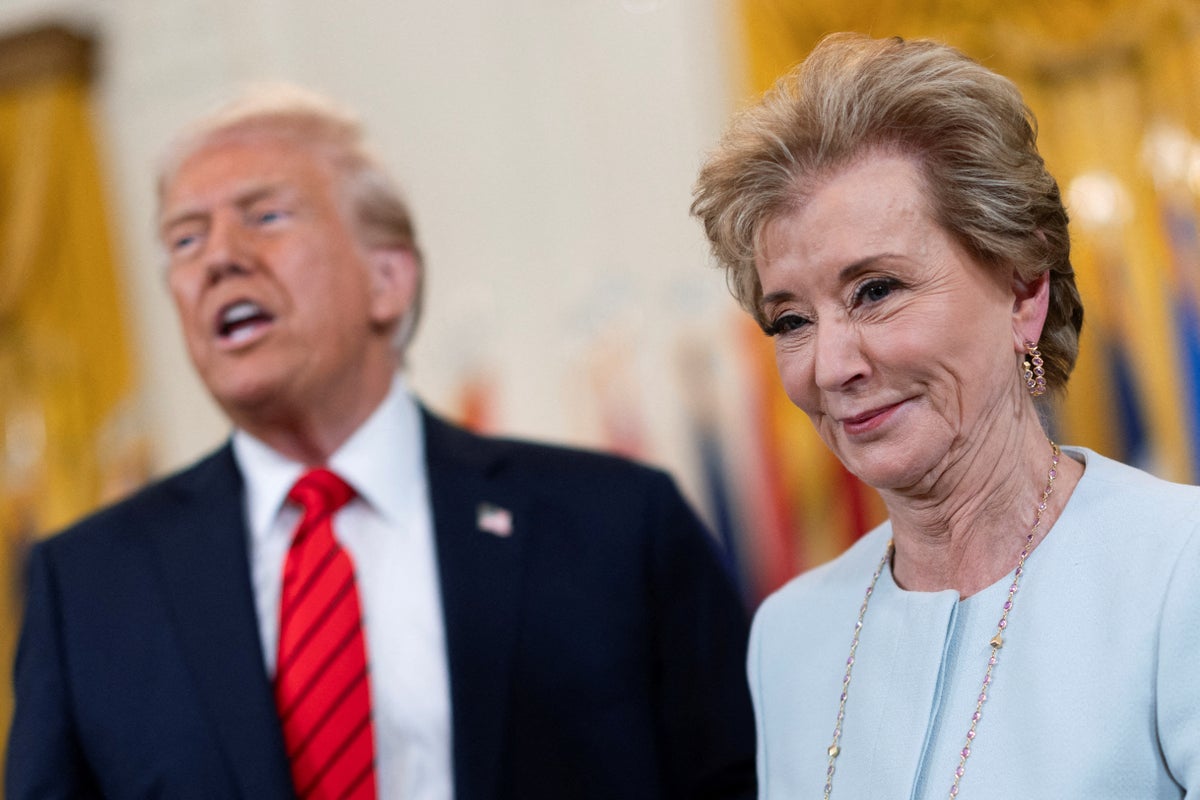
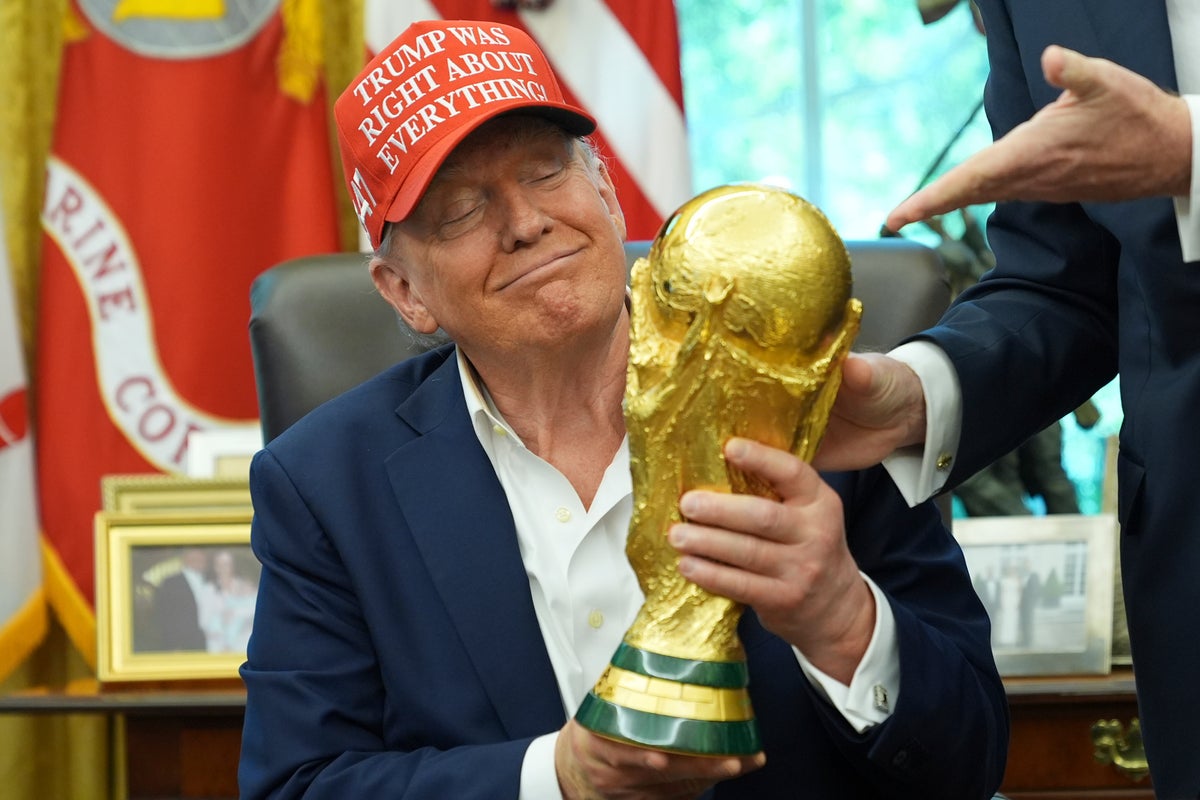


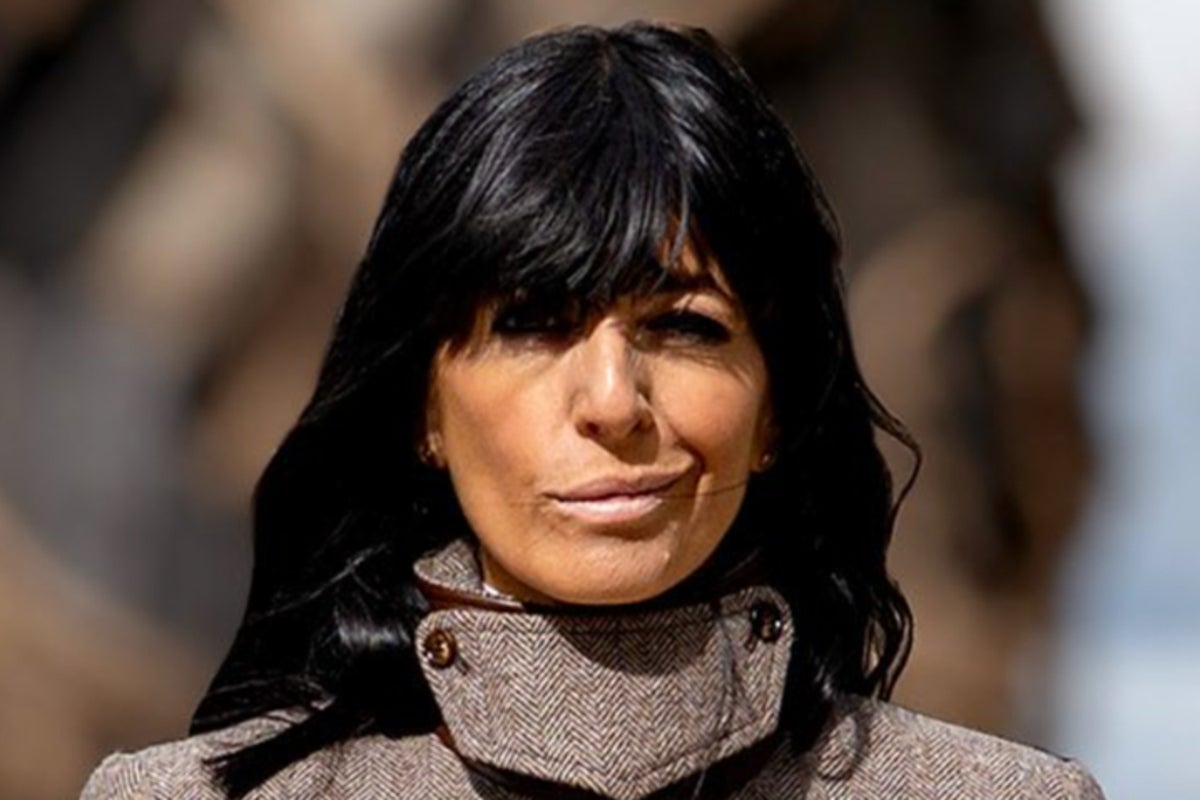

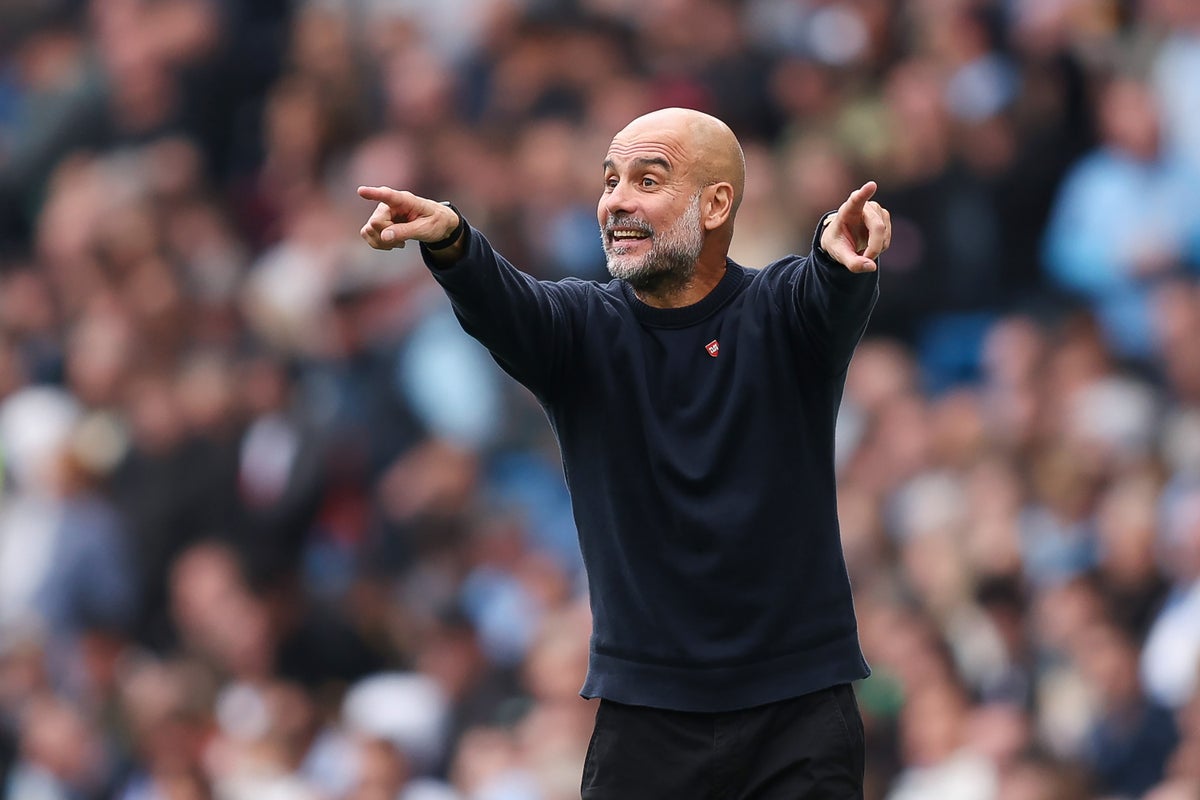
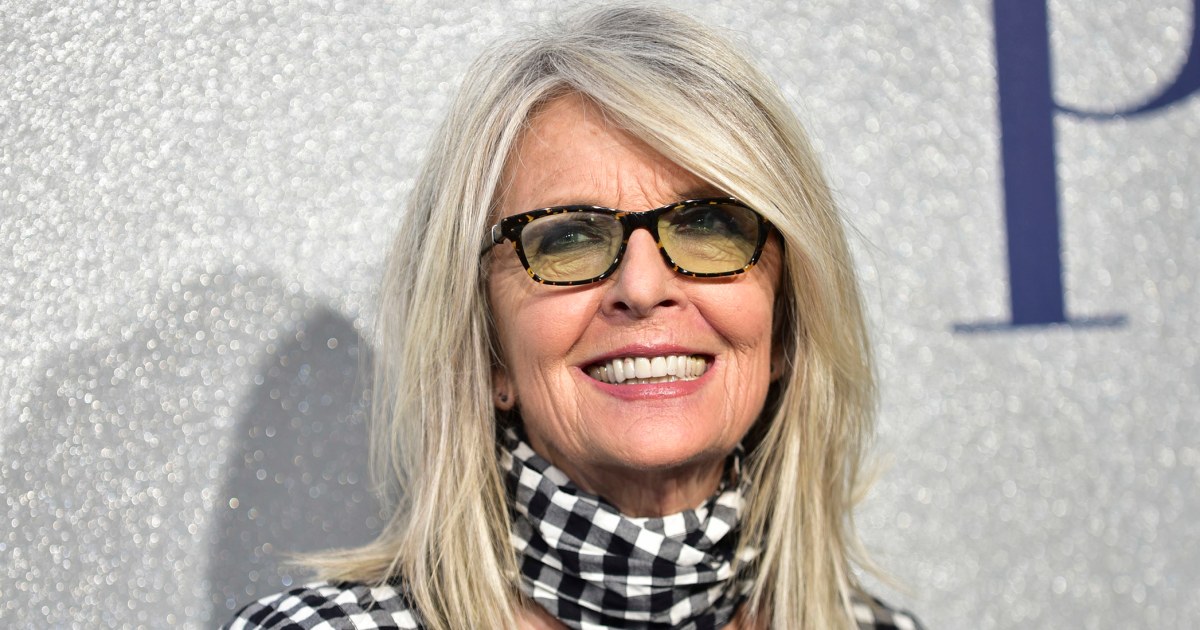

 English (US) ·
English (US) ·